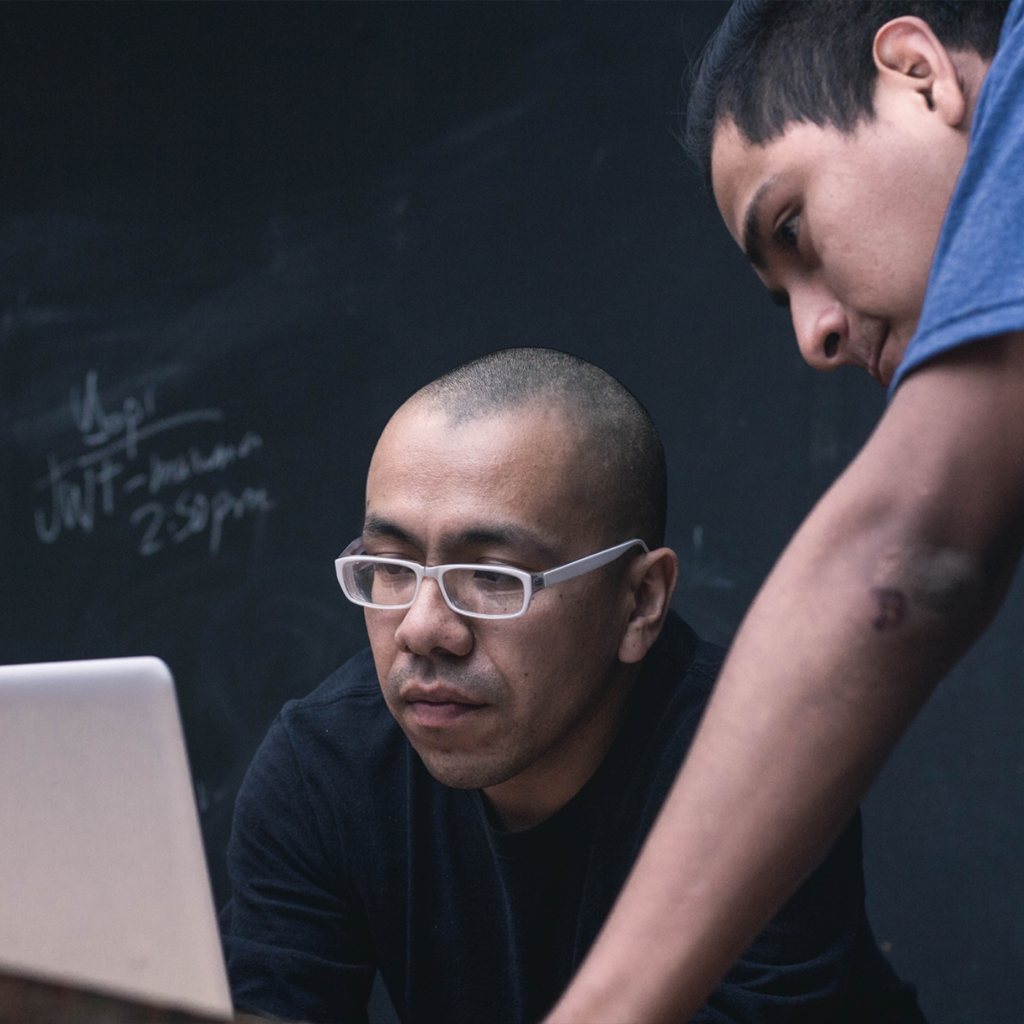Authors: Jonathan Gyurko, ACUE, and Brandon Protas, Complete College America
America’s 1.5 million professors are passionate, mission-driven educators who want their students to succeed. Faculty are best positioned to build the trusting and consistent relationships necessary for students to start strong, engage in their studies, persist to graduation and learn more deeply.
Research by the Education Advisory Board finds that students spend more time with their professors than other professionals in the “success ecosystem:” 200 hours in a typical semester.[i] This time is particularly important for the millions of students starting their college careers in developmental courses. For those juggling family, work and life responsibilities, class time with faculty is their college experience.
Our two organizations believe that faculty must be empowered to take ownership of student success goals and dev ed reforms.
For example, Complete College America works with more than a dozen states to put faculty at the core of developmental education reforms. As recently published in No Room for Doubt, CCA supports faculty leadership:
- On task forces to envision, lead and refine implementation of reforms, including determining the professional development needed to prepare instructors on new structural and pedagogical approaches.
- In departmental discussions on disaggregated success data to understand how past models have failed students, particularly Black, Latinx, Indigenous, and low-income students, and review the data as changes are scaled across campus. They recognize and build on the cultural wealth that students of color bring with them every day.
- To sustain a culture of excellence in instruction through communities of practice within and across institutions to share best practices. They also collaborate with advisors, orientation leaders, outreach workers and other student-affairs staff to align corequisite supports.
Alongside these necessary “macro” efforts, colleges and universities must also attend to the “micro:” their educators’ ability to teach well, with a comprehensive body of evidence-based teaching practices shown to improve achievement and close equity gaps.
Lest we forget, preparation in effective pedagogy has been largely absent from most doctoral programs. In-service support, provided by teaching centers, is typically underutilized, given professional incentives that privilege research and service. As a result, and every day, far too many faculty members are asked to lead classrooms without the tools necessary to deeply engage students in learning. It’s unfair to them, and their students, and must change.
Fortunately, it’s a change that faculty are welcoming.
In ACUE’s work with hundreds of institutions and tens of thousands of professors nationwide, faculty are eager to strengthen their teaching, particularly with practices that make their learning environment more inclusive, engaging and active. They’re learning how to gather and use formative data to adjust their teaching, in real time, to help students persist. The hundreds of evidence-based practices, summarized in ACUE’s Effective Practice Framework, have been particularly helpful to faculty teaching corequisite courses in Arkansas, Ohio, California and elsewhere.
Strong Start to Finish recently published a new toolkit for colleges and universities to bring faculty fully into the work of developmental education reform and student success. Prepared by ACUE with Alison Kadlec and Paul Markham of Sova, Success & Equity Through Quality Instruction includes practical ideas, planning guides, best-in-class resources and rubrics for campus leaders and faculty to self-assess, make plans and put them into action.
Moreover, this toolkit asserts that simply offering professional learning opportunities is insufficient. Rather, to meaningfully strengthen the caliber of instruction delivered by all faculty to all students, it recommends that institutions adopt holistic plans of action across five domains:
- Strategy: Specifically, to what extent is evidence-based teaching part of your strategy to reform developmental education and promote student success? Is it and the requisite support to faculty reflected in your budget, your plans for faculty recruitment and retention and the re-accreditation goals to which you will hold your institution accountable?
- Equity: To what extent is quality instruction promoting equity of opportunity and achievement for Black, Latinx, Indigenous, Pell-eligible and other subgroups of underserved students? Are faculty equipped with equity-promoting practices that are asset-based, culturally responsive, validating and relevant to students’ backgrounds, cultural wealth, and career and life goals?
- Approach: How comprehensive is the content of professional learning opportunities, based on their scope, frequency, mode of delivery and scale? Alongside developmental education reform’s structural components, its full power is realized when faculty have work-embedded opportunities to develop, reflect on and refine practices, including just-in-time teaching, active learning and metacognition.
- Evaluation: To what extent are efforts to improve the quality of instruction evaluated on the basis of student impact? Change is never a one-and-done, particularly the reform of developmental education. It takes continuous improvement based on objective measures, reliable comparison data and action-based research among faculty.
- Culture: To what extent is evidence-based teaching celebrated through communications, intrinsic and extrinsic incentives, and overall expectations? Faculty leadership should be celebrated, particularly when they champion needed reforms and inspire other faculty to act. When others deeply understand the impact of new pedagogical approaches and their connections to equity, a campus-wide commitment of excellence can take hold.
This holistic approach is designed to help administrators and faculty create the cultural, professional and employment conditions necessary to prioritize and celebrate faculty, with policies and programs that center teaching and learning. But this work does not require a new role for faculty, as is sometimes discussed. It means acknowledging that faculty are integral to the reform of developmental education and student success.
Faculty are, and identify as, scholars and teachers. We must honor this identity by helping them do what they seek to do with even greater impact. When faculty are given the time, opportunity, support and incentive to develop into exceptional teachers, we can ensure that every student, in every class, experiences the quality education they deserve.
[i]Education Advisory Board. (2015). Defining the faculty role in student success: Building ownership for student progression among individual faculty and distributed academic units. Washington, DC: The Advisory Board.

